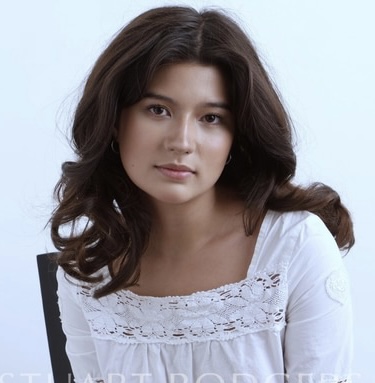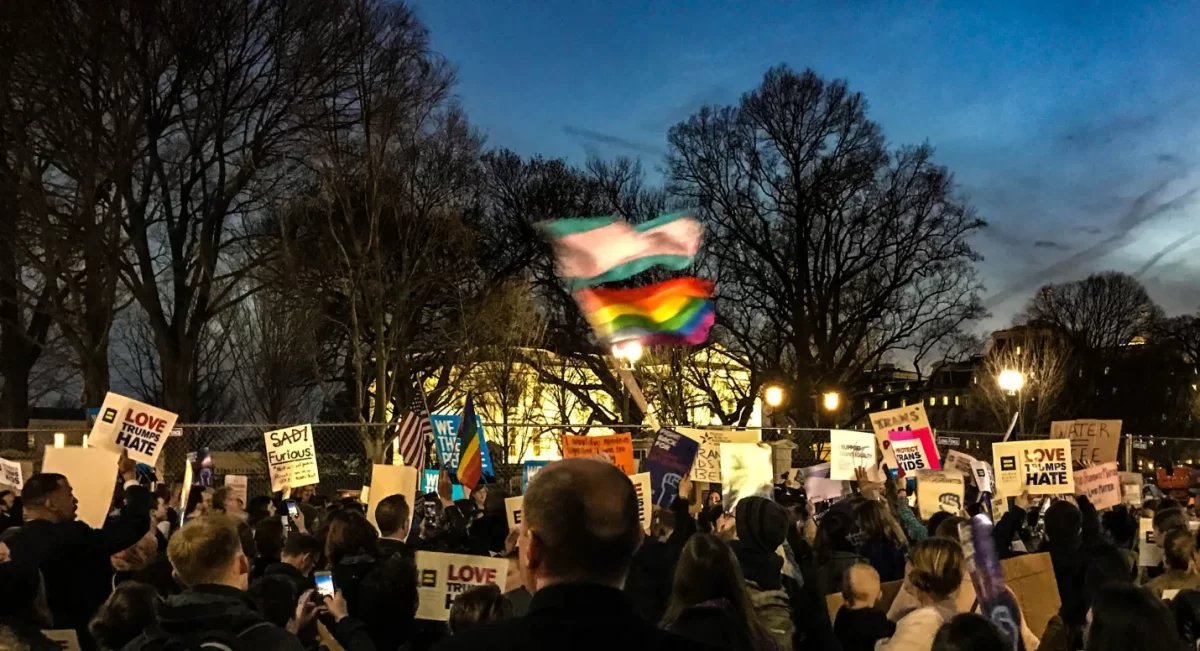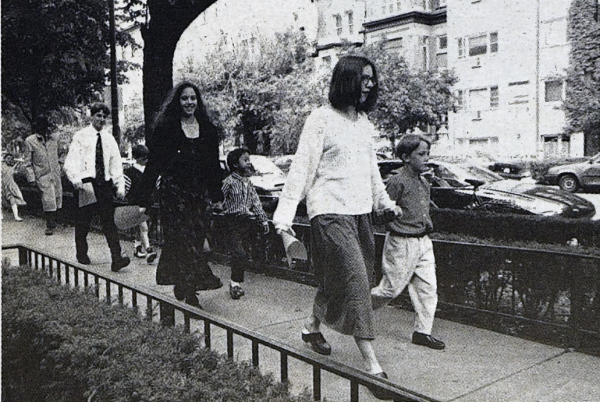Psychology in the Sunshine State: Floridian Alumna Speaks on New Ban
Before registration opened for Advanced Placement (AP) exams, the College Board issued a statement on August 3 withdrawing the AP Psychology course from Florida high school districts due to material covering gender and sexuality, subjects that have been covered unwaveringly throughout the course’s nearly 30-year lifespan.
Upper School English teacher and Diversity, Equity, and Inclusion Curriculum Coordinator Brandon Woods said, “I really feel for those students because it seems like a pretty concerted effort to rewrite American history as it relates to people of color and LGBTQIA folks, and particularly at a time when students are starting to not only learn about themselves but the world around them.”
The College Board stresses the primacy of gender identity in the AP Psychology course, particularly, and perhaps unusually, for its overlap in practical education. The exclusion of these topics, the College Board says, would affect not only a student’s competency to take an exam but also their competency in navigating a world that could never be made of one type of mind.
The right to academic freedom, in light of both content and the individual expression of teachers, was named and agreed on in the Latin School Union’s collective bargaining agreement issued on June 15. “Everyone asks me, are you restricted from teaching what you need to teach?” Upper School history teacher Deborah Linder said. “I’ve never been in a place where that’s been the case, knock on wood.”
While Latin has greater protections against federal (or even district-ordered) mandates, empathy is the resounding emotion that Latin’s educators feel toward those in public Floridian districts.
The College Board trusts teachers “to choose things that are provocative but developmentally appropriate, and they trust us to represent that information in a way that is appropriate for students,” Mr. Woods said. “Just being able to bring those texts in, many of which are banned in Florida right now, again makes me feel great to be at Latin and in Illinois, but makes me feel a great deal of sorrow for people in Florida.”
Minnie Zhou, a sophomore who attended Latin until the ninth grade, now attends the Ransom Everglades School in Miami. While Minnie’s school resembles Latin in terms of academic freedom more than a typical Florida public school, this distinction is not entirely met with relief. “Even though I go to a private school and stuff, everyone’s still talking about it,” she said. “All the teachers are like, ‘You guys are so lucky, you have AP Psych, but for people in public schools, they obviously don’t.’”
“All over Florida, there’s changes in curriculum,” Minnie said. “It’s just so ridiculous.”
The effective banning of AP Psychology falls between Florida’s decision in January to ban AP African American History and the “Don’t Say Gay” bill, signed by Florida Governor Ron DeSantis. Despite Florida state officials’ statements softening or denying these proceedings, some individuals within the state say these efforts foreshadow a push toward more sweeping, hostile censorship.
Mr. Woods said, “There’s never been a time in history where book burning or book banning has led to anything good.”

Lyla Granich (‘26) is honored to serve as one of the Editors-in-Chief this year. Through tending to the school's cultural body, she hopes to present...





















































Jim Joyce • Dec 1, 2023 at 3:07 pm
Nice work getting right into this subject and offering the perspective of a Floridian, Lyla. It seems very far away, and I don’t think I fully appreciate how these laws impact a lot of young minds.